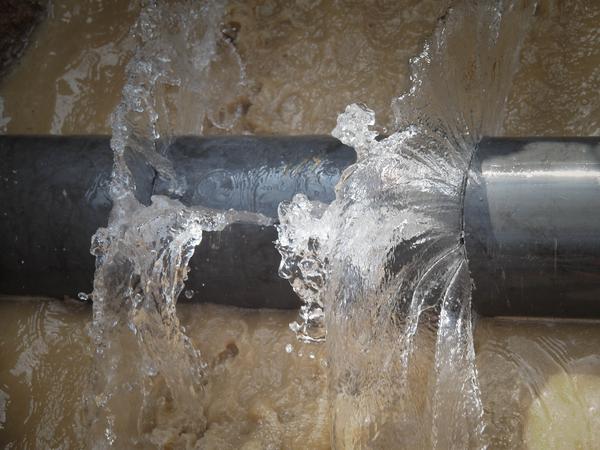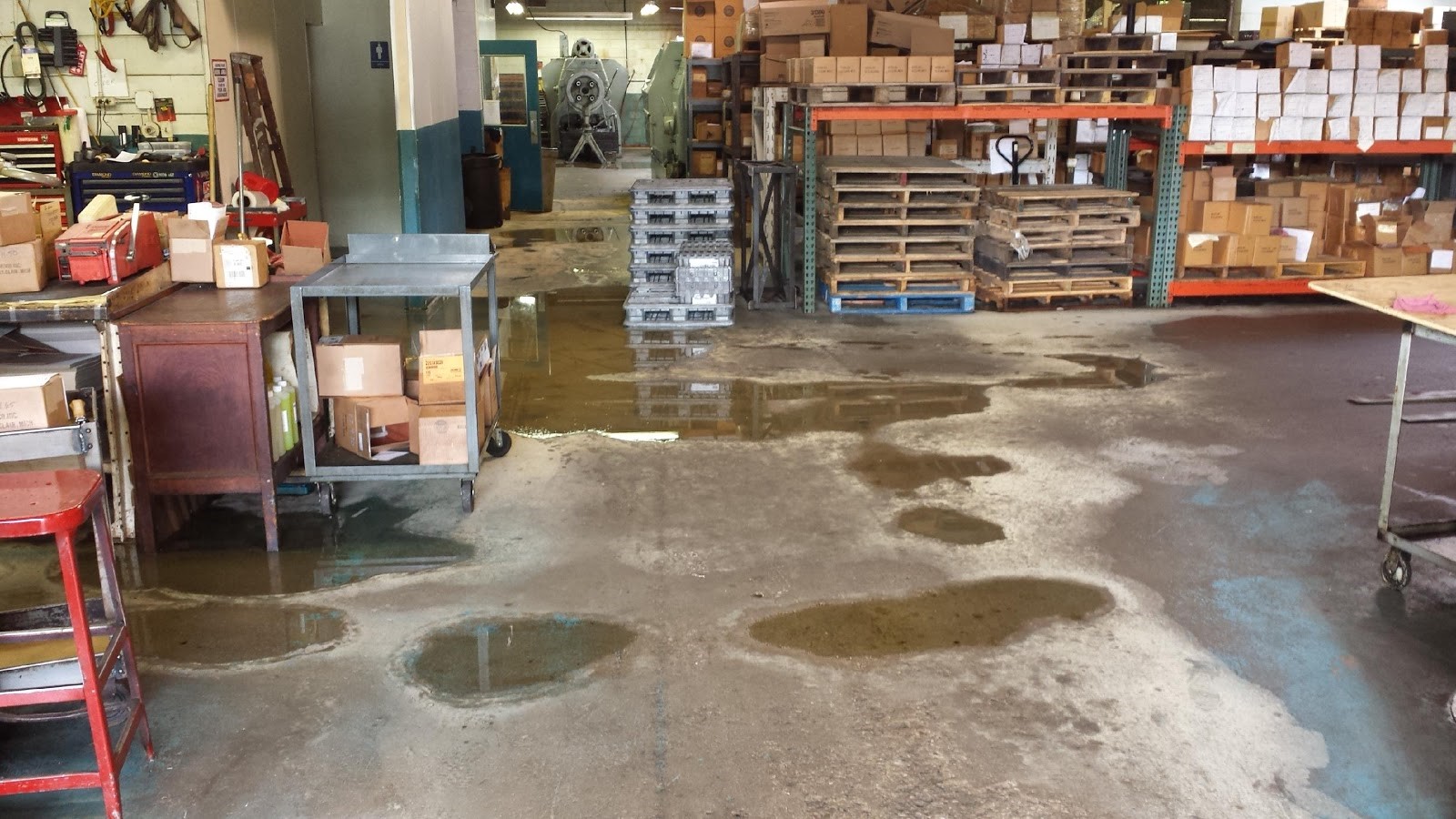Essential Tips on Closing Your Water Supply Due to a Burst Pipe
Essential Tips on Closing Your Water Supply Due to a Burst Pipe
Blog Article
What're your thoughts and feelings on How to Shut off Your Water When Pipe’s Burst?

You need to understand exactly how to shut off your main water line if you suffer from a burst pipe. Do not wait for a plumbing emergency prior to learning just how to get this done. Besides, other than emergency leaks, you will certainly need to shut off your primary water shutoff for plumbing repair work or if you leave for a lengthy trip. Figure out more concerning it in this small overview.
Why Must You Shut the Main Line Off?
Acquainting yourself with how your mainline activates as well as off can save you throughout an emergency. For example, when a pipeline unexpectedly bursts in your residence, you'll be besieged with panic. Hence, you can conveniently close the valve off and protect against much more damages if you understand what to do. On top of that, closing this off guarantees you don't need to take care of a sudden flooding in your home.
On top of that, closing and opening the valves once in a while ensures they do not obtain stuck. It is likewise the best time for you to examine for corrosion or various other damaged links. Furthermore, make it a point to educate other family members on what to do. This makes routine upkeep and also dealing with emergency situations a lot less complicated. You can potentially save on your own thousands of bucks in repairs.
Where is This Primary Valve Situated?
The main water line supply can differ, so you may need to find time to identify where it is. However, when your home is getting drenched as a result of a ruptured pipe, you do not have the luxury of time throughout an emergency. Therefore, you have to prepare for this plumbing circumstance by finding out where the shutoff lies.
This shutoff valve can resemble a round shutoff (with a lever-type deal with) or a gate valve (with a circle spigot). Positioning depends upon the age of your house and also the climate in your location. Examine the adhering to usual places:
Must This Constantly Be Turn off?
Besides emergencies, repairs, or long holidays, you may not need to switch off the main valve. For example, so one component has issues, you can shut off the branch shutoff because spot. By doing this, you can still make use of water in other parts of the house. For best results, call a reputable plumber for emergency situations.
Pipe Burst? Here's What to Do Next
There's nothing worse than that sinking feeling that sets in when you notice water dripping from your ceiling or — worse — gushing from a broken pipe. Many homeowners find themselves panicking as they start to tally up the water damage repair costs. Fortunately, a bit of forward planning can help you avert a total plumbing disaster.
What Happens When a Pipe Bursts?
There are several reasons that your pipes could burst, though one of the leading culprits is ice. When the temperature outside dips below freezing, the water in your pipes can freeze, too. When water freezes, it expands, putting significant pressure on your pipework.
When your pipes freeze for the first time, they may withstand the added pressure without any adverse effects. However, allowing your pipes to freeze repeatedly will gradually weaken them as they expand and contract, eventually causing them to burst or crack.
Corrosion High water pressure Blockages Invading tree roots How Do You Know If Your Pipes Have Burst?
When you mention broken pipes, most people imagine water gushing dramatically from the wall or ceiling. However, the first signs are often subtler. It's a good idea to look out for the less obvious symptoms of a major leak.
When a water pipe bursts, moisture starts seeping into your floors, ceilings and insulation, causing significant damage. Eventually, mold and mildew start to flourish, creating a potentially hazardous living environment. If you find yourself wading through puddles of water on the floor or can hear water bubbling inside the walls, you won't be left in any doubt as to whether you have a burst pipe.
Unexplained Hike in Water Bills
If your water bill suddenly shoots up for no apparent reason, it could be a sign of a burst water main. As water seeps out of the pipe, it sends your water usage sky high. Any unexpected increase in your water bills warrants further investigation.
Reduced Water Pressure
A broken water main or burst pipe means your system must work harder to maintain a supply to your faucets and other fixtures. Therefore, reduced or uneven water pressure could be a sign that you've got a leak. While there are a few potential causes of dodgy water pressure, it's important to find the reason quickly to prevent water damage.
No Flow
Reduced water pressure is inconvenient enough, but you may suddenly find that you have no water flow at all. One of the most likely reasons for a complete lack of running water is a frozen pipe. You should defrost your pipes as quickly as possible to stop them from bursting.
If you can access the frozen pipe, you could try defrosting it yourself. Turn on the central heating to around 70 degrees and use a gentle heat source like a hairdryer or infrared lamp to warm the pipe up gradually — never use a blowtorch or other open flame. If the pipe is inaccessible or your efforts aren’t fruitful, call a plumber to defrost the pipes for you.
Damp Patches in Your Home or Yard
As water flows out of a burst pipe, you may notice damp or discolored patches on your walls, floors or ceilings. If the leak happens under a tiled floor, it could make the tiles feel wobbly or unstable.
Don't forget to look for exterior signs of a burst pipe. Depending on the location, you may also see puddles, depressions or wobbly pavement in your yard.
https://www.homeserve.com/en-us/blog/home-improvement/frozen-pipe-burst/

I was made aware of that report about What Do I Do If I Have A Burst Pipe In My Home? through someone on our other web page. Appreciated our posting? Please share it. Help other people locate it. Thanks for taking the time to read it.
Quality solution? Call. Report this page